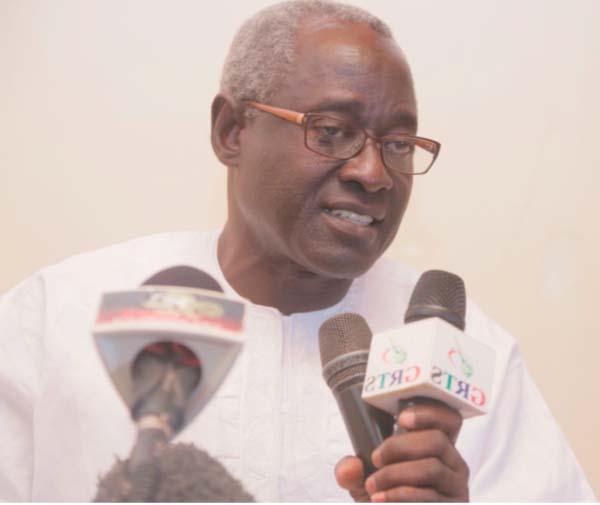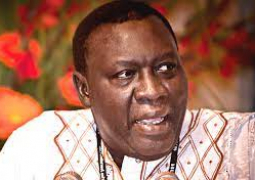
“This is when the leaders and people of The Gambia ceased to owe any allegiance, obedience and adherence to the authority of a foreign monarch and constitutionally proclaimed ownership of their sovereignty. April 24, 1970 is therefore the beginning of our existence as a sovereign Republic and sovereign people with the unbridled and inalienable authority to determine our own destiny,” he enlightened.
“Hence, as we mark the 54th anniversary of the birth of the Republic, without any solemn state orchestrated ceremony or fanfare; we ought to take our individual or collective decisions, as sovereign citizens to contemplate, in our quiet moment, where we are and what path we are to take towards a better future.”
“Furthermore, The Gambia inherited an economic and social base that gave rise to imbalance and disproportionate development of different parts of the country thus giving rise to rural urban and urban to diaspora drift of the youth in search of greener pastures at the expense of their precious lives and liberties through risky voyages of no return that has turned the bed of the Mediterranean sea into a mass graveyard of unknown youths.”
He said that the various governments of the Republic that have existed so far have not provided remedy to this imbalance. He hailed PDOIS as unique in being the only party, since the birth of the Republic, that has “unequivocally” stated with “unparalleled” clarity and conviction that it will rely on the economic law of balanced and proportionate development of society to build a country with universal access to public education, health, housing and utilities among host of others.
“Suffice to say, the debt burden is symbolic of the shackles and tentacles strangulating our independence and subjecting the state to the dictates of creditors. PDOIS is the only party that indicates how to offset the debt burden by maintaining a positive balance in the ratio between sovereign national wealth and the National debt, to prevent any conditionality from creditors.”
“April 24, 2024 is the right day and time to take stock of how far we have gone to attain the fundamental objectives of freeing our country from the inherited colonial yoke of economic dependency, social impoverishment, industrial stagnation, infrastructural backwardness and multiple contradictory cultural identities that perpetuate ethno-linguistic and sectarian rivalries that militate against national unity, social cohesion and the emergence of state leadership based on informed choice.”
According to Hon. Sillah, The Gambia has 11,256 Square Kilometres of land or even more but that no government has sought to enter into a permanent treaty to fully determine “our borders for the past 54 years of Republican existence. This is precisely responsible for the many shoot to kill practices in the undefined border areas with our neighbour. We have 500,000 hectares of arable land or even more, after soil reclamation of the rough terrain of the country or the use of our water bodies .The priority is to ensure by law, through the enactment of a Lands Act, that Gambians, without any discrimination, would be given ownership of all the land they could possibly put into productive use to guarantee self-reliance and self-sufficiency in food and agro-industrial production. April 24 could only have meaning if we achieve such a goal.”
In the same vain the total National debt is 110 billion dalasi which puts a debt burden of 41,000 dalasis on the head of every Gambian including the newly born baby, he said, explain that the sharing of the wealth produced and the debt burden of the country would not enable Gambians to be free from poverty.
“This is why PDOIS is advocating for an alternative to the consumption based welfare system to eradicate poverty.”





